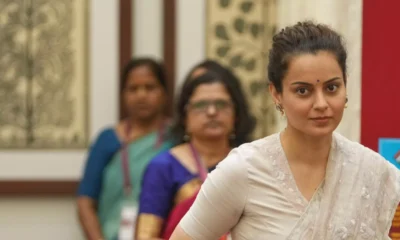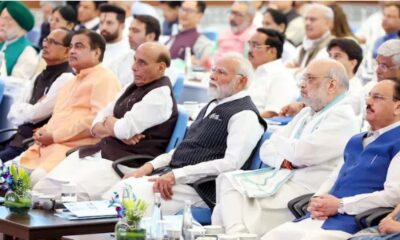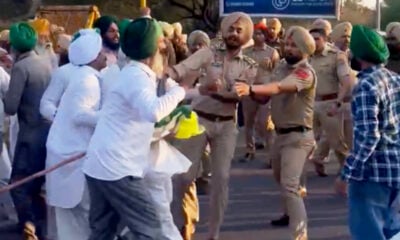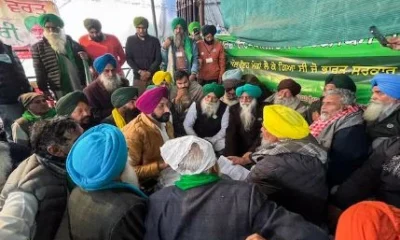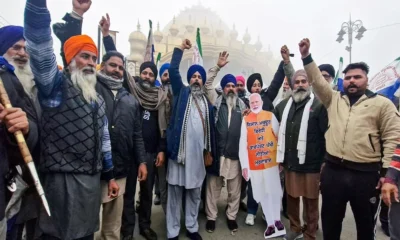India News
Farmers protest: Punjab CM Amarinder Singh urges BKU to not go ahead with proposed dharna, says it may turn Covid super-spreader
BKU Ugrahan faction leader Gurnam Singh Charuni said that the state government can take any action against the protestors but the agitation will go on as per schedule on 28-29-30 May.
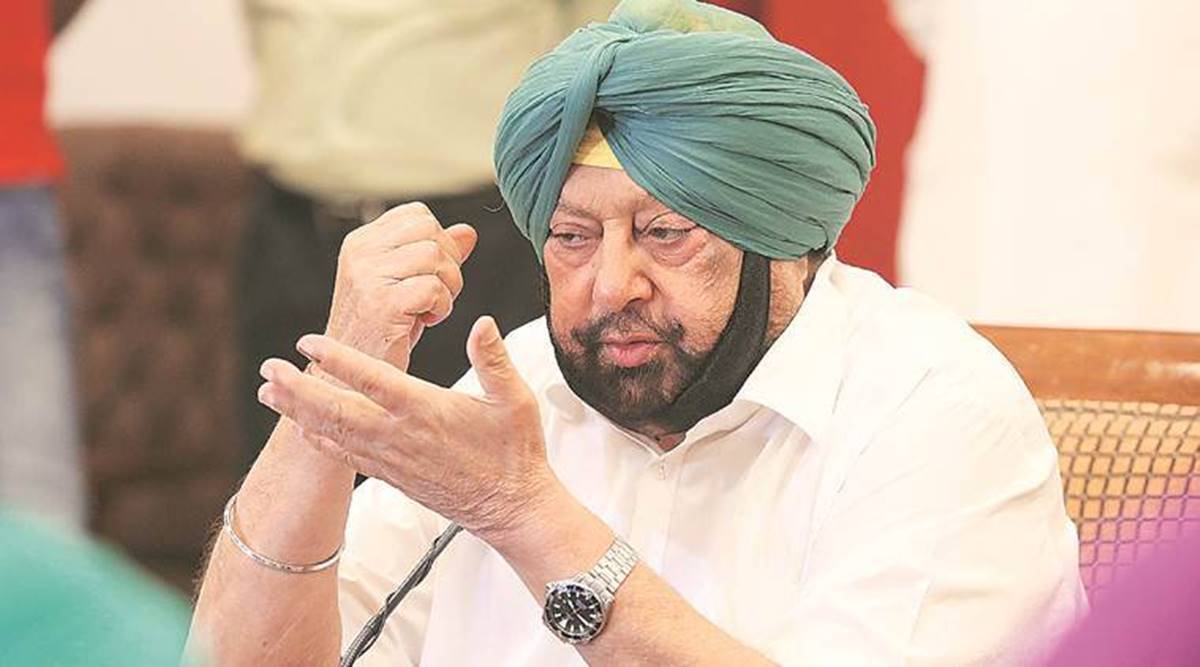
India News
PM Modi accuses Congress of anti-Sikh bias over Rahul Gandhi’s ‘traitor’ remark
Prime Minister Narendra Modi accused Rahul Gandhi of targeting BJP MP Ravneet Singh Bittu with a ‘gaddar’ remark because of his Sikh identity while speaking in the Rajya Sabha.
India News
Manipur Assembly to meet at 4 pm today, floor test likely under new chief minister
The Manipur Legislative Assembly will convene at 4 pm today, with a floor test likely as the new chief minister seeks to prove his majority in the House.
India News
PM Modi skips Lok Sabha reply as protests force repeated adjournments
PM Modi did not deliver his Lok Sabha reply today after sustained Opposition protests led to repeated adjournments over a dispute involving Rahul Gandhi’s proposed speech.
-

 Latest world news11 hours ago
Latest world news11 hours agoNew Delhi free to buy oil from any source, Russia says amid US deal claims
-

 Cricket news11 hours ago
Cricket news11 hours agoPakistan PM Shehbaz Sharif confirms boycott of India match at T20 World Cup
-

 Latest world news10 hours ago
Latest world news10 hours agoPakistan faces domestic backlash after India secures lower tariffs in US trade deal
-

 India News7 hours ago
India News7 hours agoManipur Assembly to meet at 4 pm today, floor test likely under new chief minister
-

 India News2 hours ago
India News2 hours agoPM Modi accuses Congress of anti-Sikh bias over Rahul Gandhi’s ‘traitor’ remark

